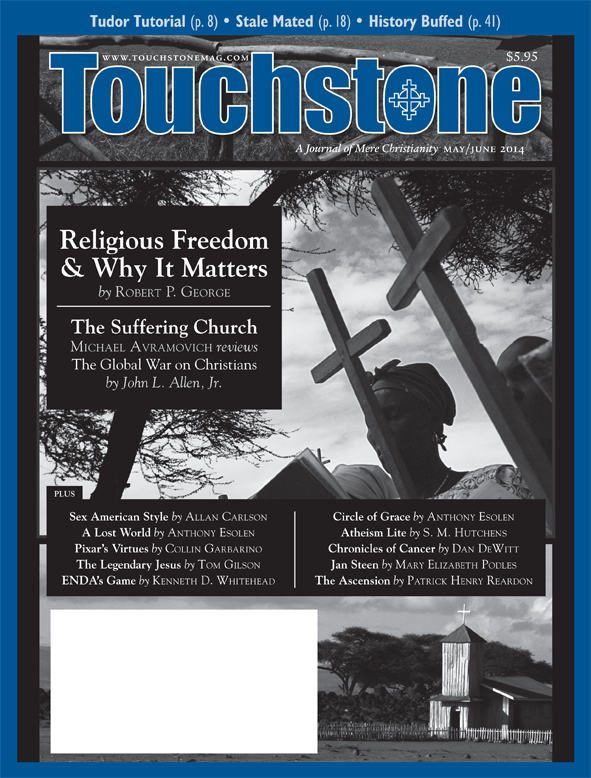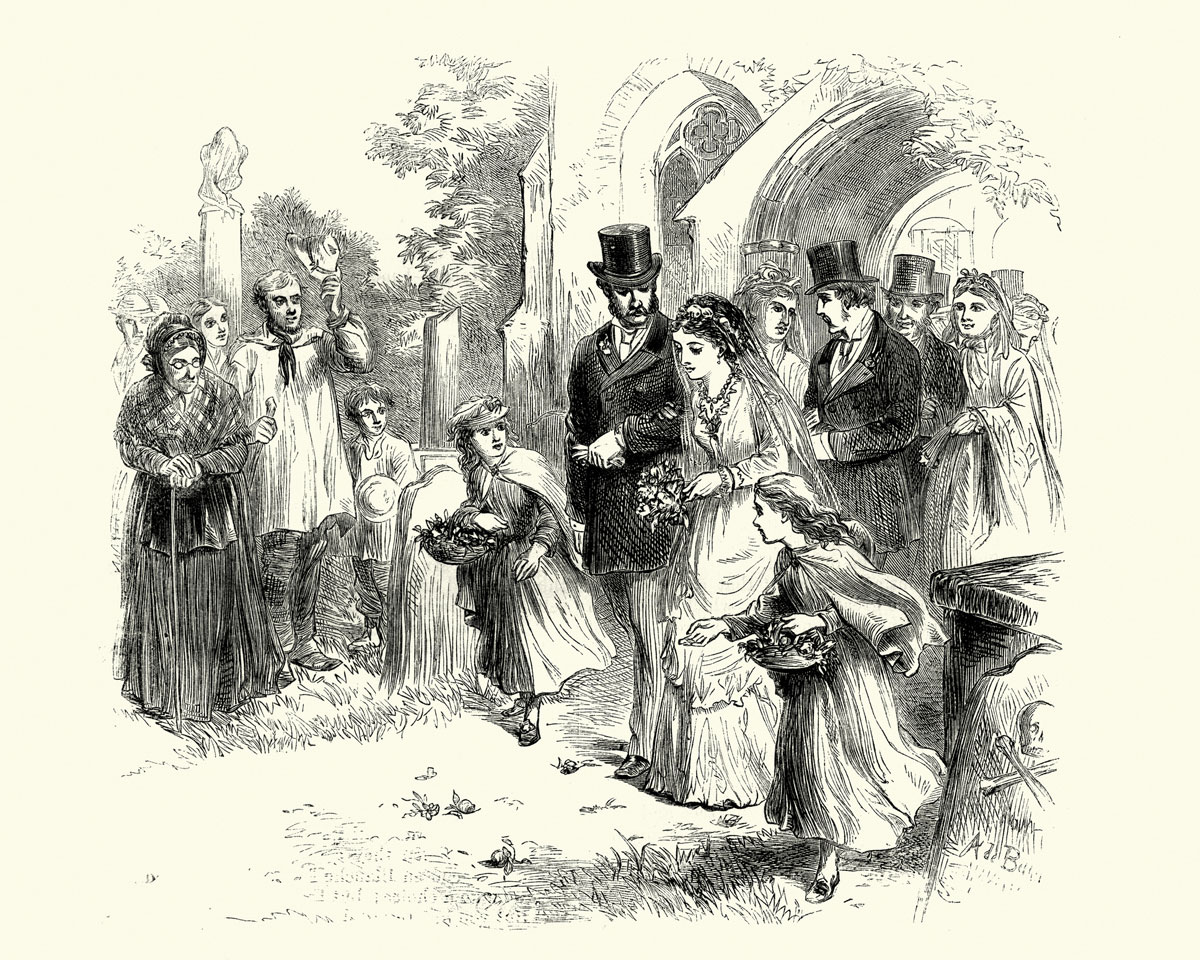View
ENDA's Game
Kenneth D. Whitehead on Deviant Sexual Behavior as a Civil Right
On October 7, 2013, the United States Senate, by a vote of 64 to 32, passed the Employment Non-Discrimination Act (ENDA), which would forbid discrimination in employment on the basis of so-called sexual orientation or gender identity. Hearkening back to the original Civil Rights Act of 1964, which prohibited discrimination based on race, color, religion, national origin, and sex, and was later expanded to include age and disability, ENDA introduces a new category into federal anti-discrimination law.
But it also makes a novel departure from precedent in that it establishes a new protected class defined by its members' behavior—though this is something many people do not recognize. ENDA's supporters, as well as the increasing number of Americans who (at least according to polls) favor extending anti-discrimination protection to people self-identifying as LGBT (lesbian, gay, bisexual, or transgender), evidently believe, and even take for granted, that the bill is just a proper and necessary extension of civil rights.
But ENDA is not analogous to existing civil rights legislation. "Sexual orientation" and "gender identity" are actually wholly subjective categories, not conditions obvious on their face. They have to be declared or announced by the persons concerned in order to be known at all. They cannot be predicated of anybody in the same way that color, sex, or age can be. One's feelings of attraction to members of the same sex, or one's belief that he really belongs to the opposite sex, are necessarily subjective judgments that remain unknown unless expressly declared.
Why is this important to note? Because if the issue is "discrimination," then there couldn't possibly be any such thing against anybody who does not openly advertise himself as a homosexual or transgender person. The categories of sexual orientation and gender identity—concepts that no one had even heard of until relatively recently—are not readily apprehended and are therefore not equivalent to the categories of race, color, and the like, on the basis of which discrimination has been practiced and regarding which there was a moral imperative to enact civil rights legislation.
Justification by Feelings
But any discrimination that might arise with respect to sexual orientation or gender identity could only come about if specifically provoked by someone claiming an "identity" on the basis of these concepts. Moreover, the way in which such a claim is typically made today usually involves more than just declaring that one is homosexual, or that one finds himself in the "wrong body." Generally such claims also include the affirmation that one is entitled to act on his subjective feelings of same-sex attraction or gender identity, and for no other reason than that he has those feelings. Why raise these issues at all if no acts are contemplated?
The fact that nobody is entitled to act on his feelings or attractions merely because he has them—that all human acts must necessarily be governed by reason and morality—is generally forgotten or ignored in LGBT cases today. It is just taken for granted that these people can act on their feelings merely because they have them. What this amounts to in civil rights terms, as attested by the provisions of ENDA, is that LGBT people are entitled as a right to engage in a certain type of behavior.
And what does the behavior in question consist of? With regard to sexual orientation, it consists of acts of sodomy, which have always been, until very recently, subject to moral disapproval and even moral condemnation. This has been the case not only in the Christian moral tradition—which has served as the moral tradition of the West—but also in the moral traditions of other civilizations. With the passage of such legislation as ENDA, however, this same behavior is now being elevated into the status of a new civil right. What was formerly seen as immoral and even unmentionable ("the love that dare not speak its name") is now being treated by the U.S. Senate as an entitlement.
Stated thus bluntly, what a bill such as ENDA really accomplishes may momentarily startle many. But, of course, its sponsors and supporters do not state its purposes and effects quite so bluntly. Rather, legislation like this is typically couched in the language of forbidding "discrimination"—a goal that everyone favors. It is precisely not stated that ENDA would normalize and legalize homosexual behavior. Indeed, mention of what homosexuals "do" with each other—the exact nature of what would be legalized and normalized—is carefully, even sedulously, avoided.
More Fallout from the Sexual Revolution
Kenneth D. Whitehead is the 2004 recipient of the Blessed Frederic Ozanam Award for Catholic Social Action of the Society of Catholic Social Scientists (SCSS). He writes frequently on Catholic social and moral issues.
subscription options
Order
Print/Online Subscription

Get six issues (one year) of Touchstone PLUS full online access including pdf downloads for only $39.95. That's only $3.34 per month!
Order
Online Only
Subscription

Get a one-year full-access subscription to the Touchstone online archives for only $19.95. That's only $1.66 per month!
bulk subscriptions
Order Touchstone subscriptions in bulk and save $10 per sub! Each subscription includes 6 issues of Touchstone plus full online access to touchstonemag.com—including archives, videos, and pdf downloads of recent issues for only $29.95 each! Great for churches or study groups.
Transactions will be processed on a secure server.
more on sex from the online archives
more from the online archives
calling all readers
Please Donate
"There are magazines worth reading but few worth saving . . . Touchstone is just such a magazine."
—Alice von Hildebrand
"Here we do not concede one square millimeter of territory to falsehood, folly, contemporary sentimentality, or fashion. We speak the truth, and let God be our judge. . . . Touchstone is the one committedly Christian conservative journal."
—Anthony Esolen, Touchstone senior editor














